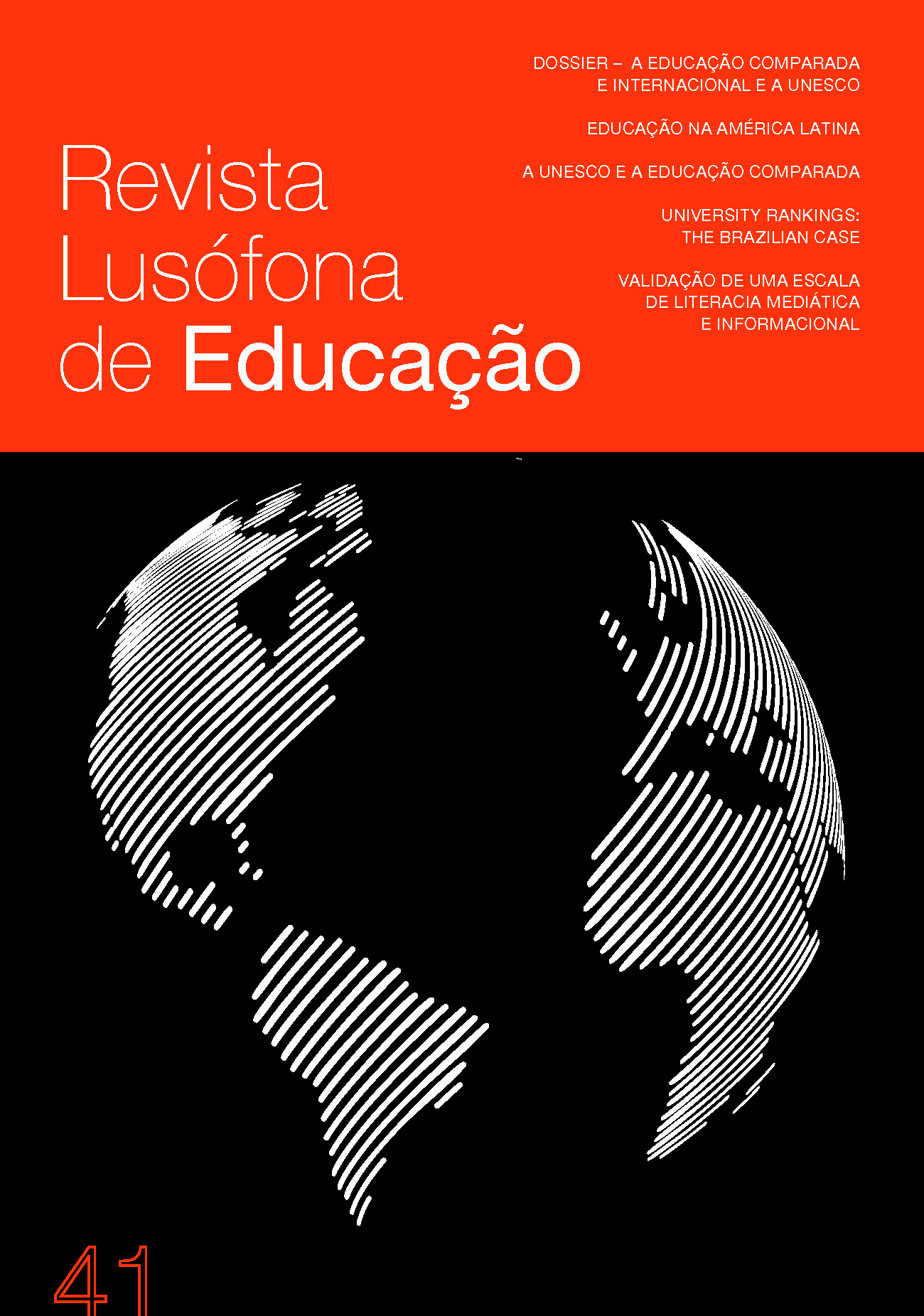The Gamification Octalysis Framework within the Primary English Teaching Process: the Quest for a Transformative Classroom
Resumen
The “Kwesukasukela” project, which focuses on African oral tradition storytelling intermingled with the Ubuntu philosophy (Varty, 2013), has as its main aim to stimulate collaboration, communication, critical thinking and creativity, within primary school settings. In fact, through an experiential communicative approach (Fernández-Corbacho, 2014), South African storytelling can become a gamified experience and integrated into English classroom practices as a means of transformation and stimulation of social cohesion and sustainable development (Battiste, 2005).The aim of this study is to reflect upon Chou’s (2016) Octalysis framework and how it can effectively be applied in Primary English Teaching contexts. The implementation of gamification designs and practices within this type of framework allowed us to understand how we can implement effective approaches towards a transformative classroom. An ethnographic methodological approach, with triangulation of data collection tools (questionnaires, self-assessment worksheets and project work), was resorted. Gamified practices, which deal with South African cultural and linguistic varieties (Nomlomo & Zilungile, 2016) and 21st Century Learning skills, were analized (Cruz & Orange, 2016).The project’s main results show that the gamification approach can foster the development of transformative skills.
Keywords: octalysis framework; english for young learners; storytelling; 21st century skills.
Descargas
-
Los autores y las autoras conservan los derechos de autor, sin ningún tipo de remuneración, y conceden a la revista el derecho de primera publicación. La obra se publica simultáneamente bajo la Licencia Creative Commons Atribución 4.0 Internacional (CC BY 4.0), que permite a otros compartir (copiar y redistribuir el material en cualquier medio o formato) y adaptar (remezclar, transformar y crear a partir del material para cualquier propósito, incluso comercial), siempre que se reconozca la autoría y la publicación inicial en la RLE.
-
Los autores y las autoras están autorizados a celebrar contratos adicionales de manera separada para la distribución no exclusiva de la versión de la obra publicada en esta revista (por ejemplo, depositarla en un repositorio institucional o publicarla como capítulo de libro), siempre que se reconozca la autoría y la publicación inicial en la RLE.
-
Los autores y las autoras tienen permiso y son alentados/as a publicar y difundir su trabajo en línea (por ejemplo, en repositorios institucionales o en su página personal), ya que esto puede aumentar la visibilidad y la citación del trabajo publicado (véase El Efecto del Acceso Abierto).








